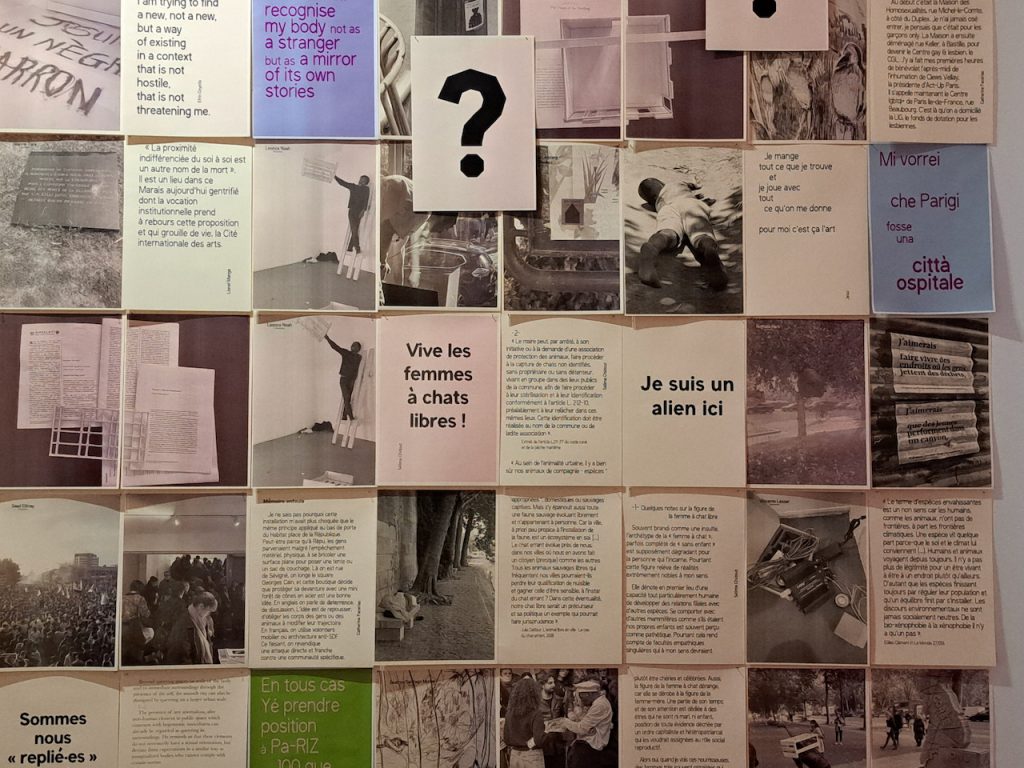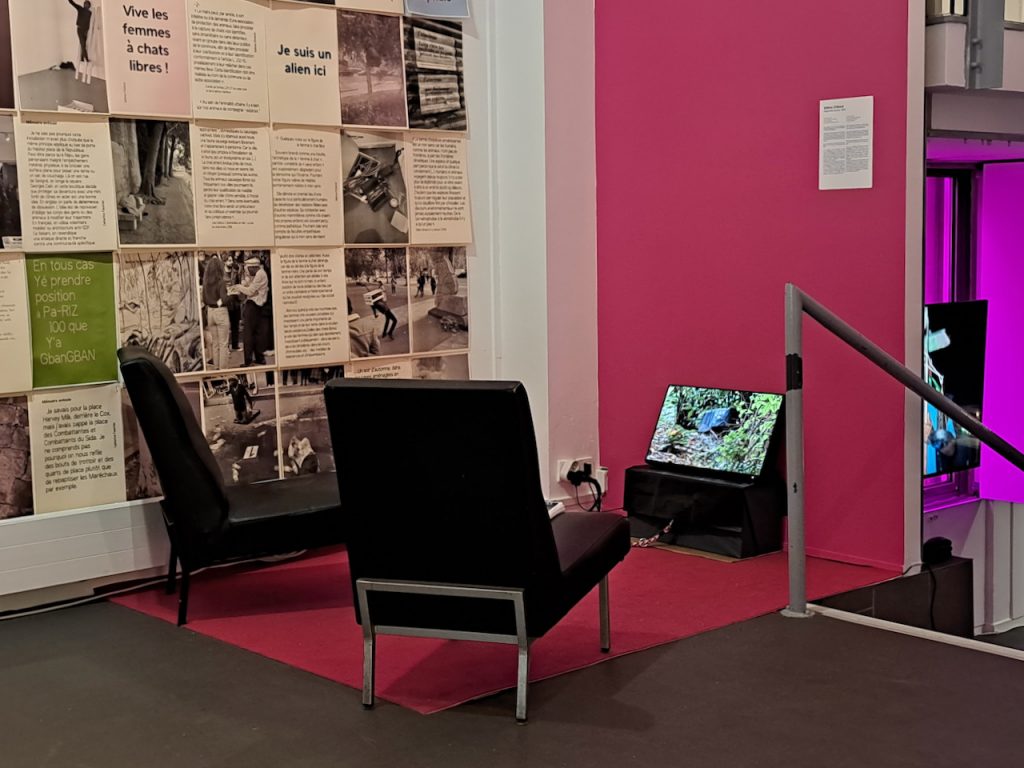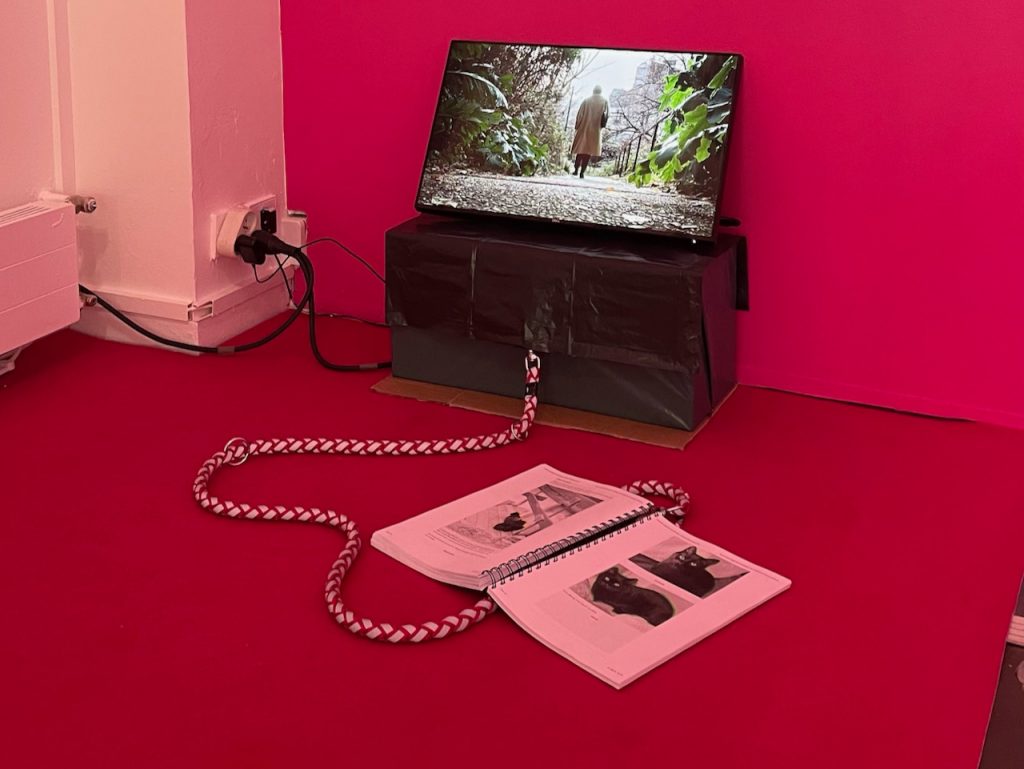Sélima Chibout est une ethnologue, vidéaste et dramaturge suisse. Elle vit et travaille à la Chaux-de-Fonds (Suisse). Après avoir étudié la linguistique et l’anthropologie, elle soutient en 2020 sa thèse sur le coma et la mesure de la conscience. Ses travaux explorent des réflexions autour des liens sociaux et des interactions qui prennent place entre les êtres humains et non-humains.
Sélima Chibout est membre active de l’association Rechercher, Ethnologie, Cinéma (aREC) depuis 2018. Elle travaille également depuis 2020 comme assistante réalisatrice au sein du collectif Climage à Lausanne (Suisse). Elle supervise actuellement les travaux pratiques d’anthropologie visuelle à l’Université de Neuchâtel (Suisse) et est co-directrice en charge de la programmation cinéma au centre culturel de l’ABC à La Chaux-de-Fonds.
Sélima Chibout is a Swiss ethnologist, videomaker and dramaturg. She lives and works in La Chaux-de-Fonds (Switzerland). After studying linguistics and anthropology, she defended her thesis on coma and the measurement of consciousness in 2020. Her work explore reflections on social bonds and interactions between humans and non-humans.
Sélima Chibout has been an active member of the association Rechercher, Ethnologie, Cinéma (aREC) since 2018. Since 2020, she has also been working as an assistant director with the Climage collective in Lausanne (Switzerland). She currently supervises practical work in visual anthropology at the University of Neuchâtel (Switzerland) and is co-director responsible for film programming at the Centre de culture de l’ABC in La Chaux-de-Fonds.



Cette installation vidéo documente les relations interspécifiques au sein d’un parc parisien abritant une communauté de « chats libres » des animaux errants bénéficiant, depuis 1999, d’un statut juridique en France (article L211-27 du Code rural) leur garantissant protection, sous certaines conditions : capture, identification, stérilisation, puis relâche sur leur lieu de vie.
Entre domestique et sauvage, le chat libre incarne une forme de coexistence urbaine fondée sur la non-appropriation, et devient une figure d’hospitalité interspécifique. L’œuvre donne également à voir le réseau humain souvent invisible qui soutient ces existences : associations, trappeuses et trappeurs, nourricières et nourrisseurs, familles d’accueil, vétérinaires… Une réflexion sur les possibles partages du territoire entre espèces.
This video installation documents interspecies relationships within a Parisian park that hosts a community of “free cats” — stray animals granted legal status in France since 1999 (Article L211-27 of the Rural and Maritime Fishing Code). Protected under certain conditions — trapped, identified, sterilized, and released on-site — these cats are no longer subject to systematic euthanasia.
Occupying a liminal space between wild and domestic, the free cat embodies a model of interspecies hospitality and resistance to human control over the living. The work also reveals the often-invisible human network that supports these lives: associations, trappers, feeders, foster carers, and veterinarians. A meditation on coexistence and shared urban ecosystems.
Vous devez être connecté pour poster un commentaire.